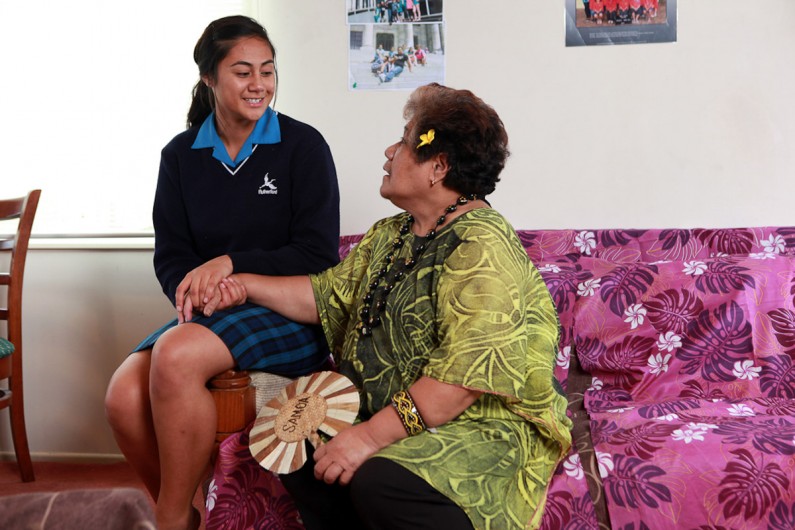Conversation tips for NCEA subject choice time

A conversation guide to help your young person choose NCEA subjects.
What's on this page?
Choosing NCEA subjects is both exciting and difficult. Subjects should match a young person's interests and abilities. There are many things to consider, such as which subjects are needed to get into:
- tertiary courses
- training or apprenticeships
- the next NCEA level and university entrance.
It helps is to consider what they might like to do when they leave school, and which skills are in demand in New Zealand.
Here are some tips on how to talk subjects with your young person.
Pick the right moment to talk
The best time to talk about subject choice is when you're both in a good mood and ready to talk.
A good opener could be "Tell me about what you'd like to choose for NCEA next year."
Give positive feedback on their ideas. Ask why they're thinking of particular subjects so you can understand the reasons behind their choices.
Questions to ask about subject choices
Asking questions is always better than giving too many opinions.
Questions to ask:
- “What NCEA subjects do you like doing? Why?”
- “What’s your dream job? What subjects would you need to do that?”
- “What subjects do you think you’re good at?”
- "What jobs do you think are in demand in NZ? What subjects would you need to get into those jobs?"
- "What are you thinking about doing when you leave school? What subjects do you need for that course or that job or that apprenticeship?".
- "What subjects do you need for university entrance?"
- "What subjects do you need to do to continue into NCEA 2 or NCEA 3?"
- "What subjects do you need to do, but you struggle to do? Do you need help with that subject?"
Listen to the answers and ask more questions. Ask your young person's school if you want help understanding how their subjects work.
Conversation examples
Some common NCEA subject situations, with responses.
1. They haven’t decided what to do when they leave school, so are struggling to choose subjects
“It’s OK that you haven’t decided what to do after school yet. However, it’s a good idea to do maths, English and a science subject to give you more options later. These subjects are needed in many jobs that are in demand. It's also a good idea to take subjects you like and are good at. They may give you a clue as to what to do when you leave school.”
2. They’re choosing the same subjects as their friends
“It’s good to be in classes with your friends as long as you can still work toward your future goals. To do that you’ll need to make sure your subjects are needed for the job you want. Let’s check out that job on careers.govt.nz. It will show us the subjects you need to do.”
3. They don’t understand some of the NCEA subjects
“Let’s talk to the school about those subjects."
4. They’ve chosen a subject they’re not good at
“I see you chose that subject and I know it was hard for you last year. What help do you think you’ll need to make sure you do OK this time?”
5. They’ve chosen the wrong subjects for the job, study or training they want
“Those look like interesting subjects but you’ve told me you’d like to do [this] when you leave school and these subjects won’t help you get into that job, study or training. What are your thoughts about that?”
6. They’re bored with school and they don’t care
“Did you know that your school has STAR and Gateway programmes? This means you can do some of your subjects outside of school at a Trades Academy or through work experience. Shall we talk about this with the career adviser at school?”
7. They're overwhelmed
"There's a lot of choice but don't worry too much. Let's start with what you're interested in and like doing. If you don't do a certain subject this year, you might be able to do it next year. It's OK to change your mind and try things you're interested in outside of school, by doing online learning, joining a club or taking part in competitions or workshops. There is always time to change."
Reassure your young person that if they don’t like a subject, they may be able to change to a different one in the first two weeks of the school year.
School subject choice action plan
Help your young person with this school subject choice action plan.
Get advice from a career professional
You can get advice and information from your school or a career professional.
Updated 30 Jun 2020
